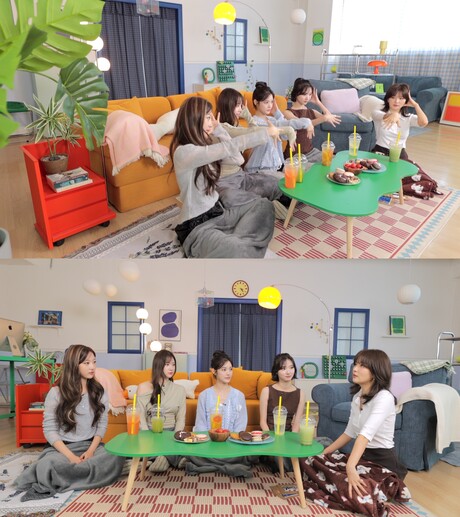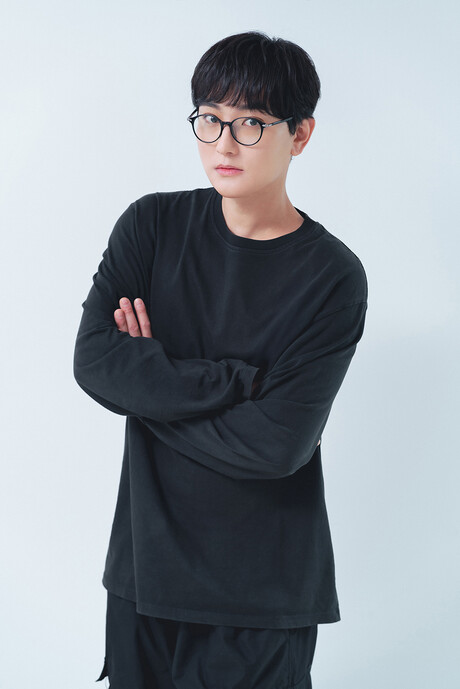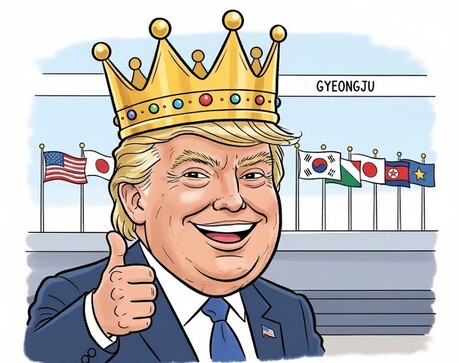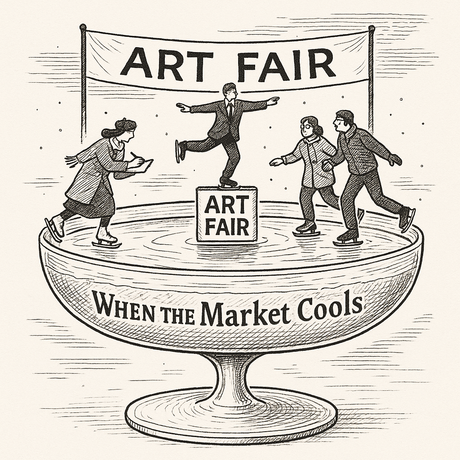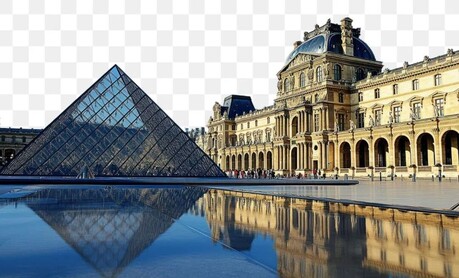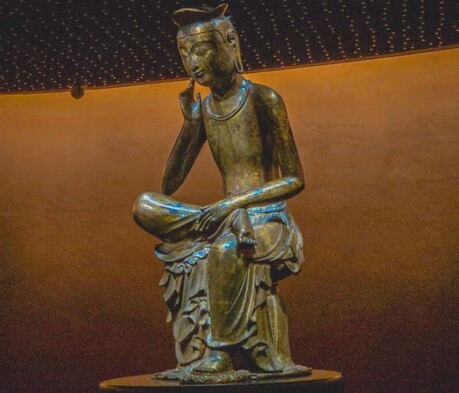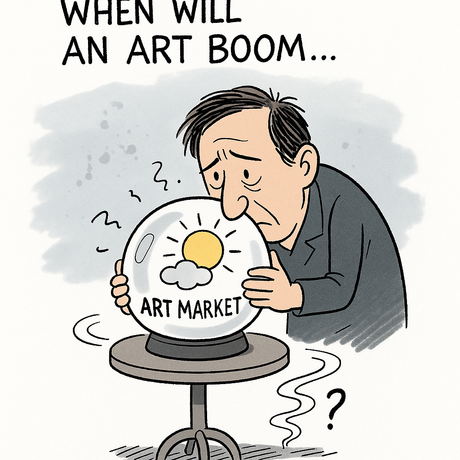Réhahn, a passionate French photographer originally from Bayeux in Normandy, has made Vietnam his home for the past 14 years, dedicating his life to documenting the country's rich cultural heritage and ethnic diversity through his lens. His remarkable photographs of Vietnam's ethnic tribes, many of which are gradually disappearing, have gained international recognition and acclaim.
In 2011, Réhahn made a life-changing decision that would define his career and passion. He sold his car and printing business in France to relocate permanently to Vietnam. "What I love about this place is all these narrow streets, the gentle way of life, and the kindness of the Vietnamese people," explains Réhahn, reflecting on what drew him to stay in this Southeast Asian nation. Since then, he has never found his way back to France, choosing instead to lose himself in the maze of alleyways on the other side of the world.
The picturesque city of Hội An in southern Vietnam has become Réhahn's open-air studio, serving as the perfect backdrop for his artistic endeavors. This UNESCO World Heritage site, famous for its distinctive yellow facades and colorful lanterns, attracts tourists from around the globe who come to admire both its architectural and artisanal heritage. The postcard-perfect setting provides Réhahn with endless opportunities to capture Vietnam's traditional crafts and customs.
During one of his recent photography sessions, Réhahn documented a centuries-old craft that exemplifies Vietnam's rich artisanal tradition: clay pottery making. A local artisan explained the significance of preserving these ancient skills: "This craft has existed for a very long time, it comes from my great-great-grandparents. And I'm somewhat part of the last generation. So I must continue and pass it on in turn." These words highlight the urgency behind Réhahn's mission to document these disappearing traditions.
Venturing far beyond the tourist zones on his scooter, Réhahn embarks on quests to discover the most beautiful villages in the region. Some of these hidden gems require considerable effort to reach, and one particular village took him more than 10 years to locate. In this secluded spot, elderly women patiently mend fishing nets, representing his favorite subjects to photograph. "I've been photographing them for more than fifteen years. I've photographed all the grandmothers I could find in Vietnam, whether from ethnic groups or artisans or in everyday life. I feel comfortable with these grandmothers and I think they return the feeling," he shares.
Réhahn's particular affinity for photographing elderly Vietnamese women has resulted in an extensive collection of portraits. His popularity among the grandmothers has enabled him to capture hundreds of these intimate moments, which he now displays in his personal museum. Over the past decade, he has traveled throughout the country with an ambitious and seemingly impossible project: to photograph representatives from all 54 ethnic groups of Vietnam.
"I want people to be able to come here in 20 years, in 30 years, when I'm no longer here, and say: 'Look, this was Vietnam,'" Réhahn explains, describing his vision for preserving the country's cultural legacy. His collection serves as a visual archive that captures the diversity and uniqueness of Vietnam's ethnic communities before modernization erases their traditional ways of life.
The impact of Réhahn's work resonates strongly with visitors to his museum, including international tourists who appreciate the cultural significance of his documentation efforts. A Belgian couple visiting his exhibition reflected on the importance of his work: "Nowadays, I have the impression that everyone is starting to look a bit alike because of social media, etc. And it's magnificent to see that there are ethnic groups that are not yet so affected by modernism." This sentiment underscores the value of Réhahn's commitment to preserving Vietnam's cultural diversity through his photography, ensuring that future generations will have a window into the country's rich and varied heritage.




















